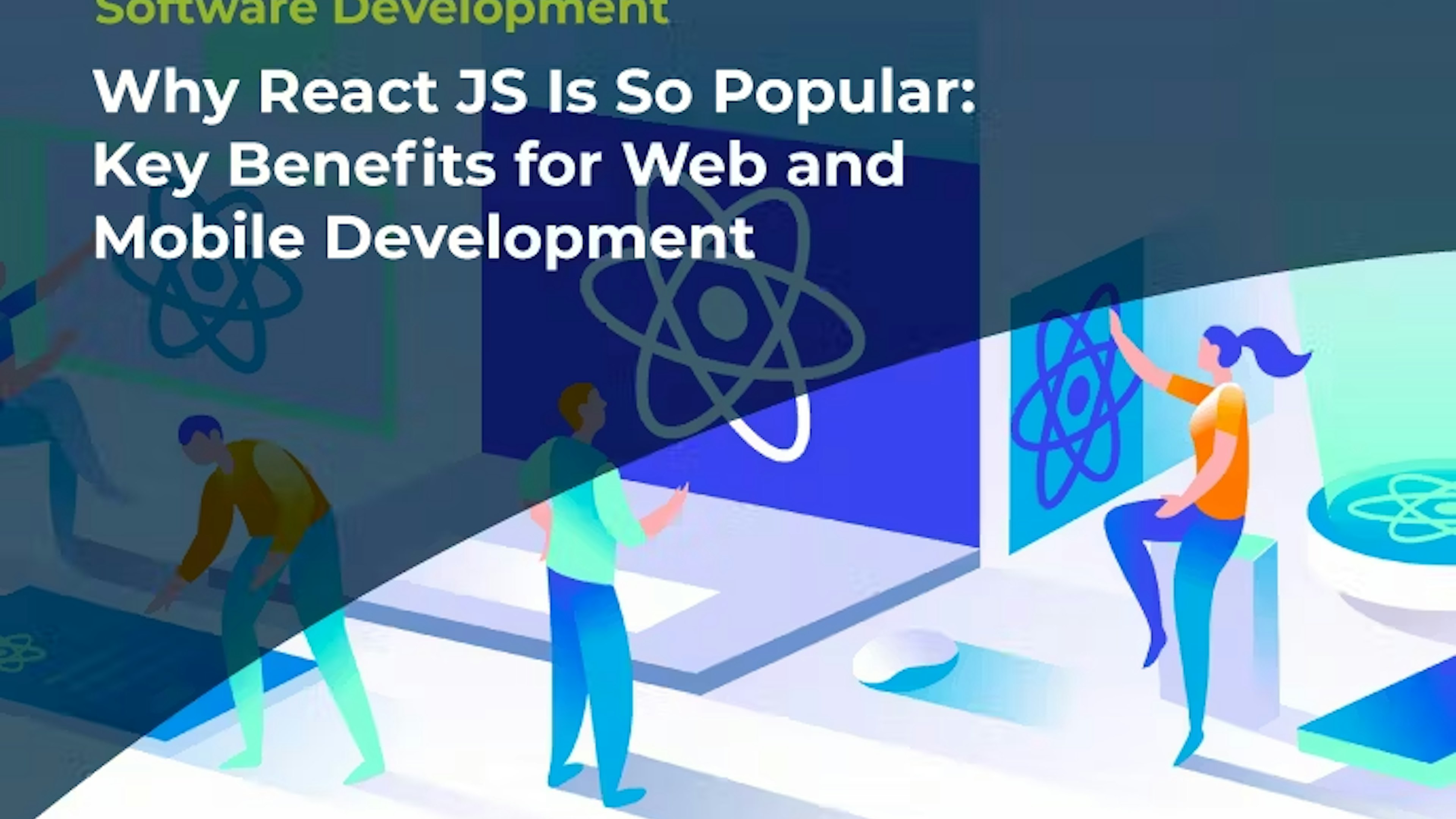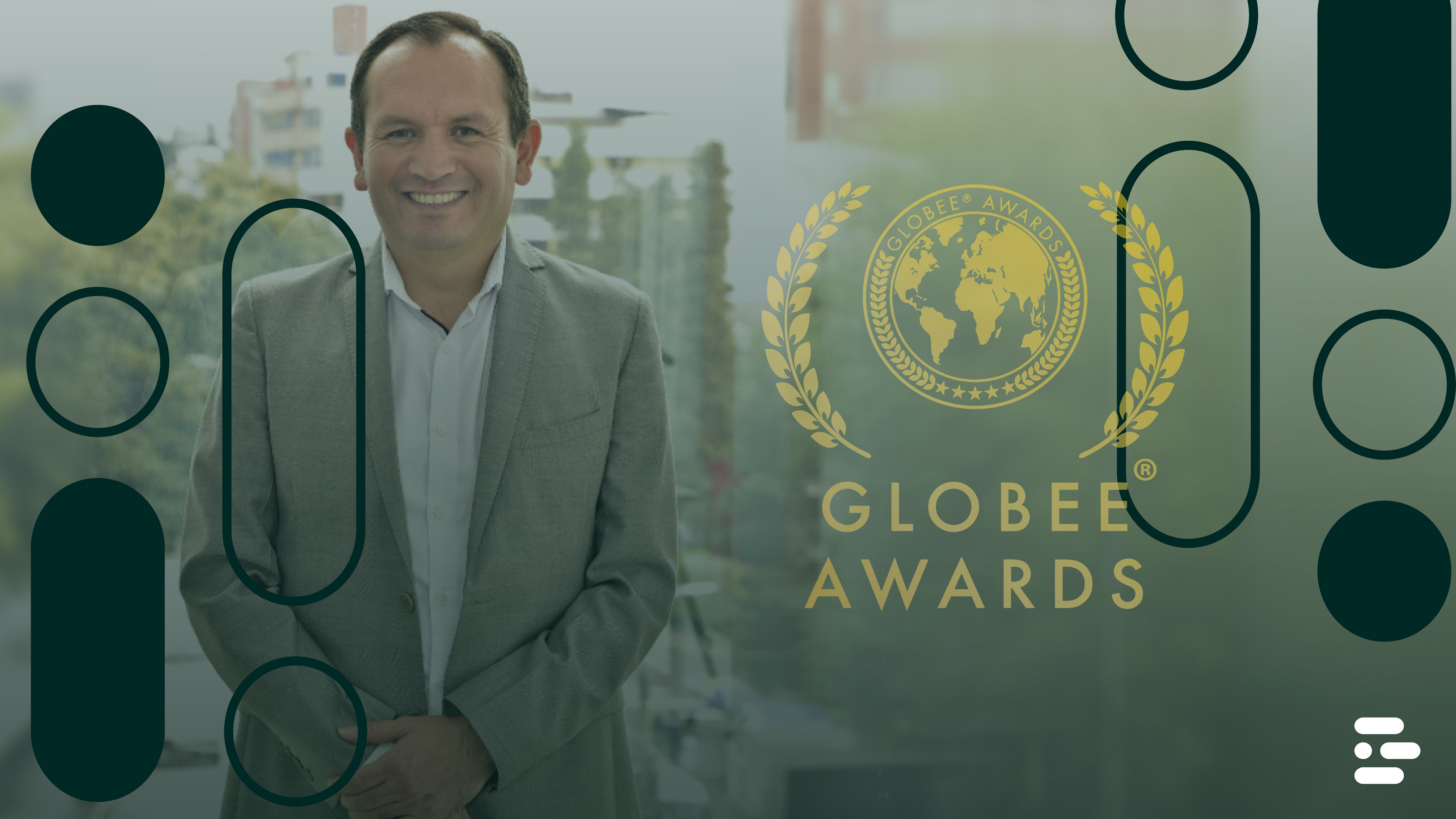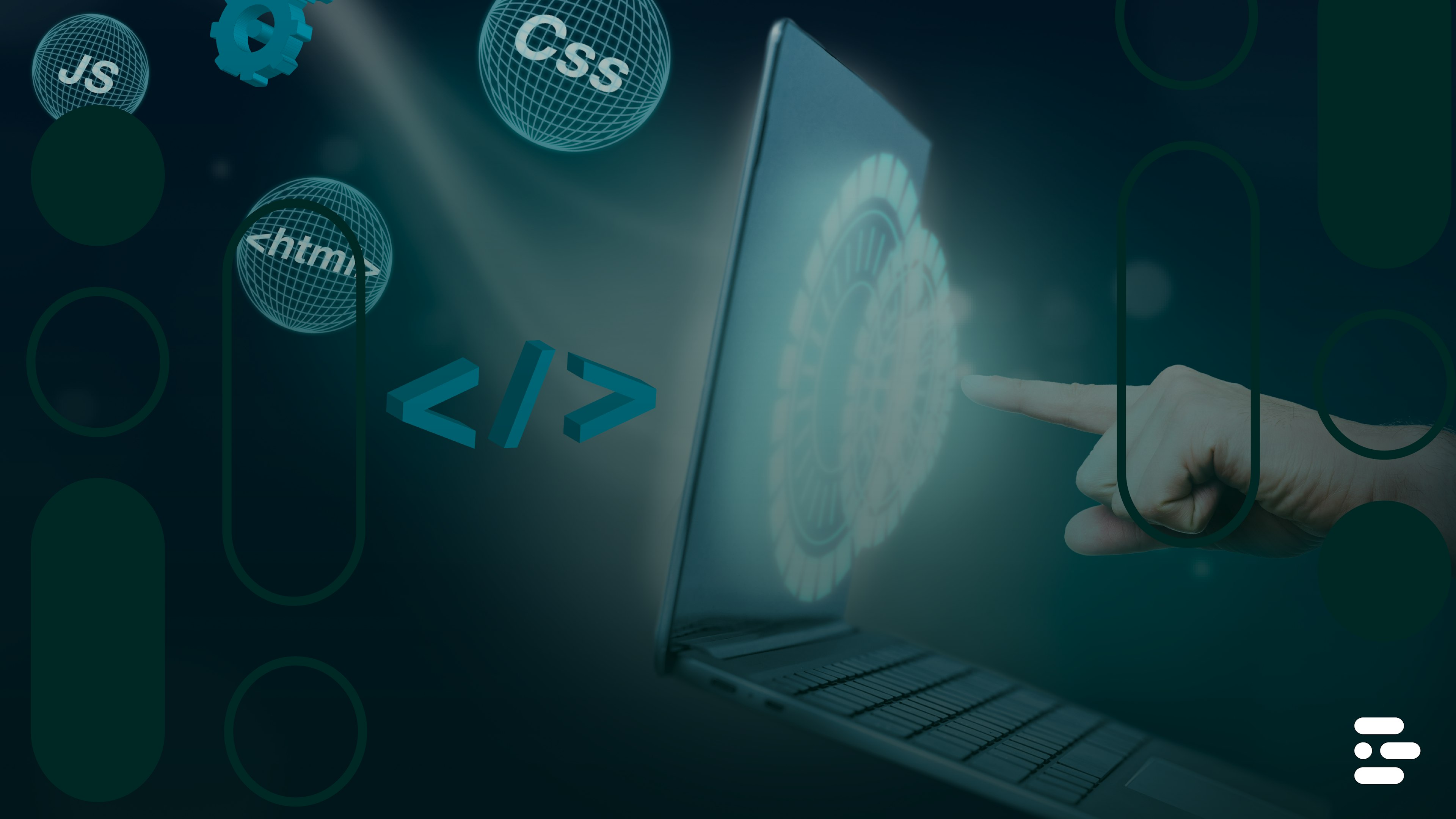The Future of Software Development: Key Themes from Gartner IT Symposium/Xpo 2024


As the CEO of Devsu, I know firsthand how the world of software development is evolving at an unprecedented pace. New technologies, methodologies, and business demands are reshaping how we build, deploy, and manage software. That’s why this year’s Gartner IT Symposium/Xpo 2024 is particularly relevant to anyone in the software development space, whether you are a developer, an IT leader, or an executive responsible for technology strategy.
In this article, I want to dive deeper into the four key themes that will dominate discussions at the symposium and this upcoming year and explain how they are shaping the future of software development.
1. The Power of Artificial Intelligence (AI) in Software Development
Needless to say, Artificial Intelligence (AI) it’s the trending topic of the year and it will continue to be the case in the upcoming months, for a good reason; it’s transforming the way we approach software development. From automated testing to AI-powered code generation, the implications of AI are vast, and they are set to dominate conversations at Gartner IT Symposium/Xpo 2024.
How AI is Revolutionizing Software Development
AI’s most significant impact on software development comes from its ability to automate repetitive and time-consuming tasks. In the past, developers spent considerable time manually testing code, debugging issues, and optimizing performance. Today, AI-driven tools can help developers speed up these processes through:
- Automated Code Generation: AI-powered tools such as GitHub Copilot and OpenAI’s Codex are increasingly helping developers write code faster and more efficiently. These tools can understand context and suggest lines of code, speeding up development and reducing the margin of error.
- Predictive Analytics in Development: AI can predict potential issues before they arise, giving developers insights into code performance, security vulnerabilities, and scalability challenges. This is crucial for software development teams working on complex systems where predicting failure points in advance can prevent costly downtime.
- AI-Driven Testing: Traditional software testing is a labor-intensive process. AI and machine learning are automating large parts of this process, enabling developers to run extensive tests in a fraction of the time it would take manually. This not only reduces errors but also frees up developers to focus on more creative and strategic aspects of software development.
The Future of AI in Development
AI will continue to evolve and, as a result, redefine how software is built. As the technology matures, AI-driven development will allow teams to shift from code-focused tasks to higher-level problem-solving and innovation. The Gartner symposium will dive deep into how organizations can leverage AI to reduce development times and improve the quality of software delivered.
2. Cybersecurity: Building Secure Software in a Complex Threat Landscape
In today's world, where software touches nearly every aspect of business and daily life, cybersecurity can’t be an afterthought—it must be a top priority. The Gartner IT Symposium/Xpo 2024 will highlight the need for software development teams to integrate cybersecurity at the very core of their processes, beginning right at the start of the development lifecycle.
Shift-Left Approach to Security
One of the major trends in cybersecurity is the shift-left approach. This strategy pushes security practices into the earliest stages of the software development lifecycle, meaning developers address potential risks as they code, rather than leaving it for later. By doing so, companies can prevent costly breaches and build security into the continuous integration/continuous delivery (CI/CD) pipeline. As a developer myself, I’ve found that adopting this approach allows for quicker detection of vulnerabilities and saves a lot of headaches down the road.
Secure by Design
The idea of being "secure by design" is also gaining momentum. Rather than bolting security after a system is built, developers are now designing software with security fundamentals like encryption, authentication, and access control from the start. A good example of this is Zero Trust Architecture, which assumes no one—inside or outside the network—can be trusted by default. This proactive approach minimizes vulnerabilities and is expected to be a major talking point at the Gartner symposium.
AI in Cybersecurity
Artificial Intelligence is also revolutionizing cybersecurity. AI can automate threat detection and response, allowing systems to react in real time to potential risks. For us developers, integrating AI into our security protocols can make our applications more secure without burdening the development process. AI can detect anomalies, flag suspicious behavior, and act quickly to neutralize threats, all without significant manual intervention. At the symposium, experts will explore how teams can leverage AI to bolster their cybersecurity defenses.
These trends emphasize that as software development evolves, so must our approach to security. By staying ahead of the curve, we can build more resilient, secure systems from the ground up.
3. Digital and Business Transformation: Aligning Development with Business Goals
Even though it feels like we've been discussing digital transformation for over a decade, the alignment of software development with broader digital and business transformation efforts will continue to be an important topic for technology executives in 2025. Another key theme that will resonate at Gartner IT Symposium/Xpo 2024 is In today’s competitive market, software is no longer just about coding; it’s about driving business outcomes. Development teams must be aligned with the strategic goals of the organization to ensure that the software they create delivers tangible value.
Agile and DevOps: Driving Business Agility
Agile development and DevOps practices continue to be essential for organizations looking to innovate quickly and respond to market demands. These methodologies allow for rapid iteration and continuous improvement, which is critical when trying to align development efforts with changing business priorities.
At the symposium, we can expect a deep dive into how Agile and DevOps not only accelerate software delivery but also contribute to business agility, enabling organizations to pivot and innovate as market conditions change.
Continuous Need for Custom Software Development
Digital transformation initiatives often require custom software solutions that address the unique needs of the organization. Whether it’s automating internal processes or creating new customer-facing applications, software development teams are at the forefront of digital transformation.
Custom software allows businesses to differentiate themselves from the competition, offering unique features and functionalities that can’t be achieved through off-the-shelf solutions. However, this also means that developers need to work closely with business stakeholders to ensure that the software being built is aligned with the company’s transformation goals.
Measuring ROI on Digital Projects
One of the biggest challenges in aligning software development with business transformation is measuring the return on investment (ROI). Development teams need to be able to demonstrate how the software they build contributes to business growth, cost savings, or improved customer experience.
The Gartner symposium will offer valuable insights into how development teams can quantify the impact of their work and ensure that the software they create is driving measurable business outcomes.
The Gartner IT Symposium/Xpo 2024 is set to provide a peak of what are the trends and themes that executives will be discussing and implementing in 2025. The key themes discussed will undoubtedly shape the software development landscape for years to come. From integrating AI into development workflows to exploring the potential of quantum computing and prioritizing cybersecurity, technologists must embrace these shifts to remain competitive in a rapidly evolving field.
At Devsu, we look forward to how these trends will influence our work and the value we deliver to our clients. We’re excited about the opportunities they present and how they will help us continue to push the boundaries of innovation in software development.
Subscribe to our newsletter
Stay informed with the latest insights and trends in the industry
You may also like


